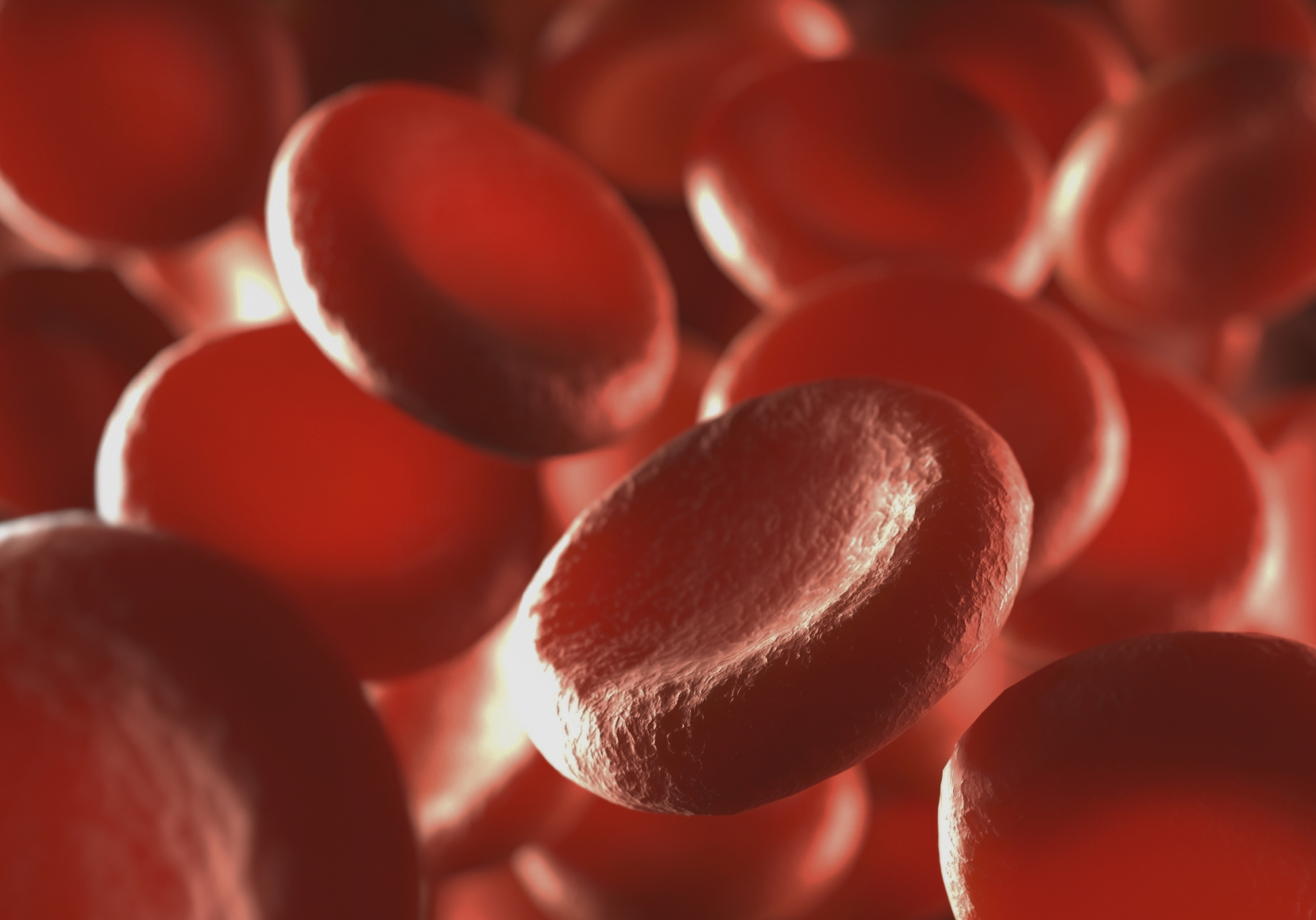Shield Therapeutics soars on FDA approval of iron deficiency drug

Shares in Shield Therapeutics were soaring this morning after the FDA granted a broader than expected label for its iron deficiency drug.
The London-based company said the FDA had approved its lead product Ferracru/Accrufer (ferric maltol) in a market that could be worth $1 billion annually.
The FDA approved the product for treatment of iron deficiency with or without anaemia, allowing use for as long as necessary to restore iron levels.
This allows for long-term use in patients with chronic disease – there are between 8 million and 9 million patients in the US suffering from iron deficiency anaemia and management estimates two to three times this number require treatment for iron deficiency.
Shield said it is already in discussions with commercial partners to market the drug in the US and will provide an update in due course.
The company noted that salt-based iron therapies can cause a range of mild-to-severe gastrointestinal tract adverse events, including nausea, bloating, and constipation.
These can lead to poor tolerability, reduced patient compliance and treatment failure.
As Ferracru/Accrufer is not an iron salt, iron can be absorbed from the ferric maltol molecule and does not routinely cause the same issues.
Under the brand name Ferracru the drug is already approved and marketed in the EU and Switzerland for iron deficiency in adults.
Mark Brewer, an analyst at finnCap, said: “The FDA granted a broader than expected label, given Feraccru’s tolerability profile and efficacy – the treatment of Iron Deficiency (ID) with or without anaemia – with the label indicating its use for as long as necessary to restore iron levels, implying a chronic therapy.
“This at least doubles the potential addressable market for Accrufer. Together with the non-inferiority data vs. IV iron, announced in March, this offers the potential for Accrufer to remove the need for patients to progress to IV therapy.”
Dr Daniel Wilkinson, analyst at Edison Investment Research, noted this was the “largest possible label” the FDA could have granted.
He said: “This is an upside to our previous assumptions where we had assumed a narrower label and enables a larger commercial opportunity. Shield are in discussion with a number of potential commercial partners in the US who will market Accrufer on its behalf.”
Carl Sterritt, CEO of Shield Therapeutics said: “We have been pleased with the levels of interest and engagement shown by third parties in commercialising Accrufer in the USA and we look forward to finalising these discussions and appointing a commercial partner in the world’s most attractive pharmaceutical market, so that more patients with iron deficiency can benefit from treatment with Accrufer at the earliest opportunity.”












